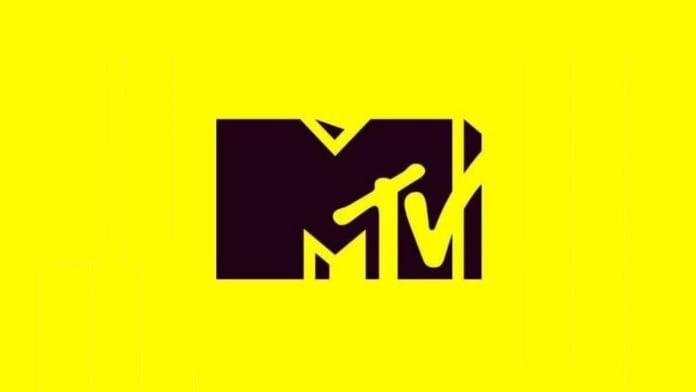For the 90s kids, the world is changing in a way it must have changed for older generations in the early 2000s. Only the future looks far more bleak.
We’re no longer smooth with tech, and some of us have settled in traditional roles. We’re not looking at the world as a melting pot of opportunities and the current times as a particularly liberating one.
Even as our generation keeps nostalgia alive by celebrating old songs, wearing Pokemon merch or bringing back 90s trends—our world is slipping away from us.
And the end of that world is eulogised in the obituary we write for MTV. The channel that made us cool. It showed us a world beyond ours, it brought to our homes the scintillating visuals of Britney Spears, the moonwalk of Michael Jackson, and the rock music of Green Day.
Paramount Global has announced that MTV Music, MTV 80s, MTV 90s, Club MTV, and MTV Live will permanently stop broadcasting by 31 December globally. No specific announcement for MTV India has been made so far. The main MTV channel is set to continue broadcasting, focusing on reality shows.
But the death of MTV Music is yet another reminder that we’re no longer the rulers of the world, singing merrily on TV. We’re becoming obsolete in the face of AI and Gen Z lingo. Our hair is greying, and our world is changing. What are we going to do about it?
MTV gave the urban teen the means to aspire to a liberal life. It told us we can break the chains. It taught us revolution through Michael Jackson’s They Don’t Care About Us, and aspire for originality through Pink Floyd’s Another Brick in the Wall. It helped us romanticise New York, a city most of us have never been to but sing passionately for with Alicia Keys.
Hindi music helped us feel love, and cope with heartbreak. But English music, in more ways than one, helped us break free. And MTV held our hands over the threshold.
Also read: Why worry about water or jobs? In New Bharat, everybody wants to be an influencer
Splitsvilla and Roadies
Even as MTV played English music, the brand understood that it embodied Indian youth culture. It would go on to launch Roadies and Splitsvilla, where the youth could be wild, free, sexual, assertive and ambitious.
The shows were not like anything else on TV. While the adults watched shows about family politics, full of bhakti and godliness and adarsh bahus, MTV was mainstreaming a counter culture which didn’t have space before the channel came into existence.
Sure, they were full of slurs and abuses. But it provided a space for the millennial coming-of-age kid, a space to be salacious, and see the most raunchy of their tribe portrayed on TV. It gave wings to imagination to fly. To be unapologetic and wild.
The space was unprecedented, and normalised the globalised urban youth looking to re-define the standards with which the society operated.
For a generation that wanted to transition from cartoons and Son Pari and didn’t really care for daily soaps, these shows for late teenagers were the perfect weekly programmes to watch away from the gaze of parents. Watching MTV itself was an act of rebellion. We were coming of age and we didn’t know it.
Most importantly, they were simply fun. So much fun.
And fun times seem to be coming to a fag end, as our generation reluctantly passes on the baton to post-internet babies who have not known the joy of going through music CDs in Planet M, and then going to a roadside shop to buy the pirated version of those albums.
And we would know nothing of American pop and rock music, if not for MTV. We wouldn’t know cultural articulation and rebelling against orthodox forces if not for MTV.
There won’t be an MTV again, the OG cool kid on the block.
Views are personal.
(Edited by Theres Sudeep)






